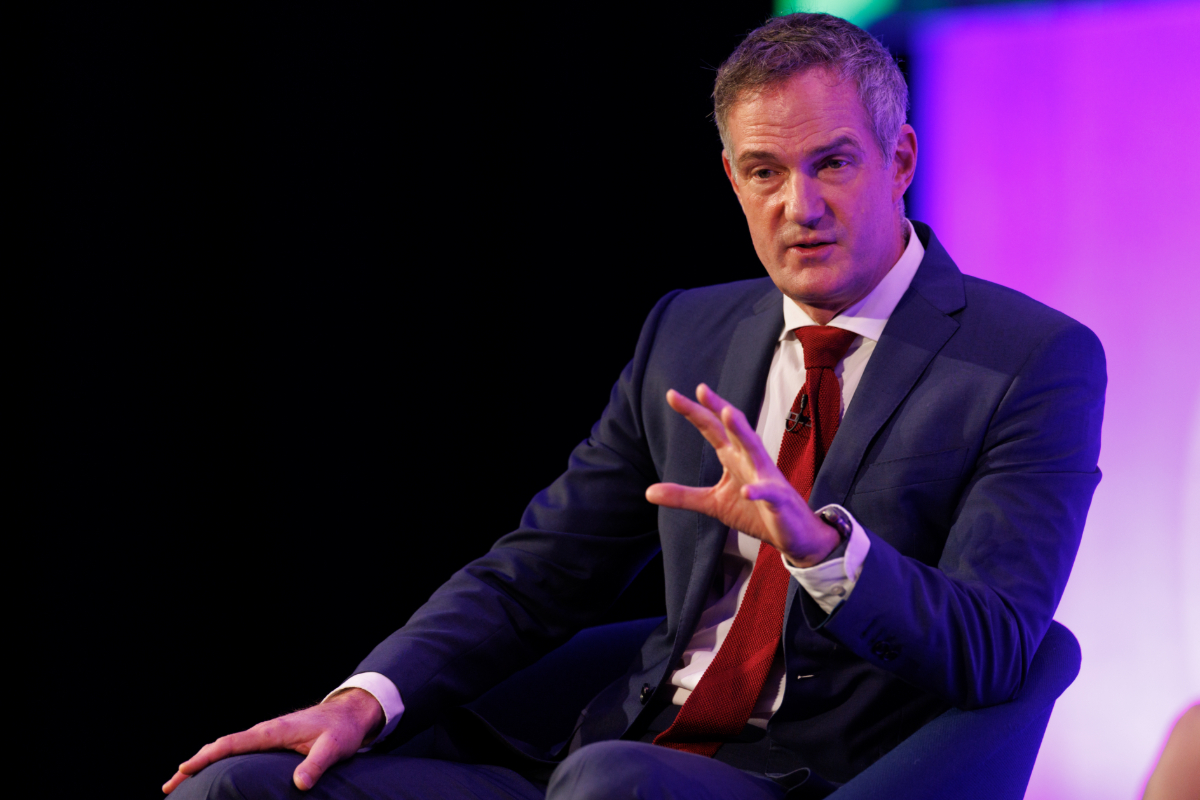In a significant call to action, the Green Alliance has urged Rachel Reeves, the Chancellor of the Exchequer, to reduce energy bills by eliminating subsidies for renewable energy rather than cutting value-added tax (VAT) in the upcoming Budget. The think tank contends that this strategy could lower the average household fuel bill by approximately £178 annually by the year 2030.
Currently, the Treasury is reportedly considering the removal of VAT from energy bills as a potential measure to alleviate financial pressures on consumers. Reeves faces the daunting task of addressing a projected economic shortfall of up to £50 billion. Yet, according to the Green Alliance, the government should prioritize the removal of green levies linked to renewable energy to achieve more sustainable savings for households.
Green Alliance’s Proposal and Concerns
In a statement, Stuart Dossett, a senior policy adviser at the Green Alliance, warned that many households are struggling with soaring energy costs, particularly as winter approaches. He highlighted that the average household now pays £478 more for energy than in previous years. Dossett cautioned that while reducing VAT could provide immediate relief, such a move would be permanent and challenging to reverse.
Instead, the Green Alliance suggests that the £2.3 billion required to eliminate VAT should be redirected towards scrapping renewable energy subsidies. This includes tariffs on solar energy and the renewables obligation for wind farms. They argue that removing these subsidies would deliver better long-term financial benefits for both the government and energy consumers.
Political Responses and Criticism
The political landscape is heating up, with the Conservative Party launching a fresh critique of the Labour government’s net-zero strategy. Shadow Energy Secretary Claire Coutinho has called for Labour to abolish green levies, asserting that such a move could reduce the average household bill by £165. She criticized Labour’s promises to cut energy costs, claiming they are instead locking families into higher prices for the foreseeable future.
“We’ll axe the Carbon Tax, scrap Miliband’s rip-off subsidies, and cut every household’s electricity bill by 20 percent instantly,” Coutinho stated.
In response to the ongoing discussion, a spokesperson for the Department for Energy Security and Net Zero (DESNZ) refrained from commenting on the specifics of tax changes. However, they reiterated the government’s commitment to achieving affordable energy through clean energy initiatives. The spokesperson emphasized that reducing reliance on fossil fuel markets is central to the mission of delivering cheaper power in the long run.
The debate continues as the Chancellor prepares for the Budget announcement later this month. With energy costs remaining a pressing issue for many households, the decisions made in this Budget could have lasting impacts on the financial well-being of families across the country.







